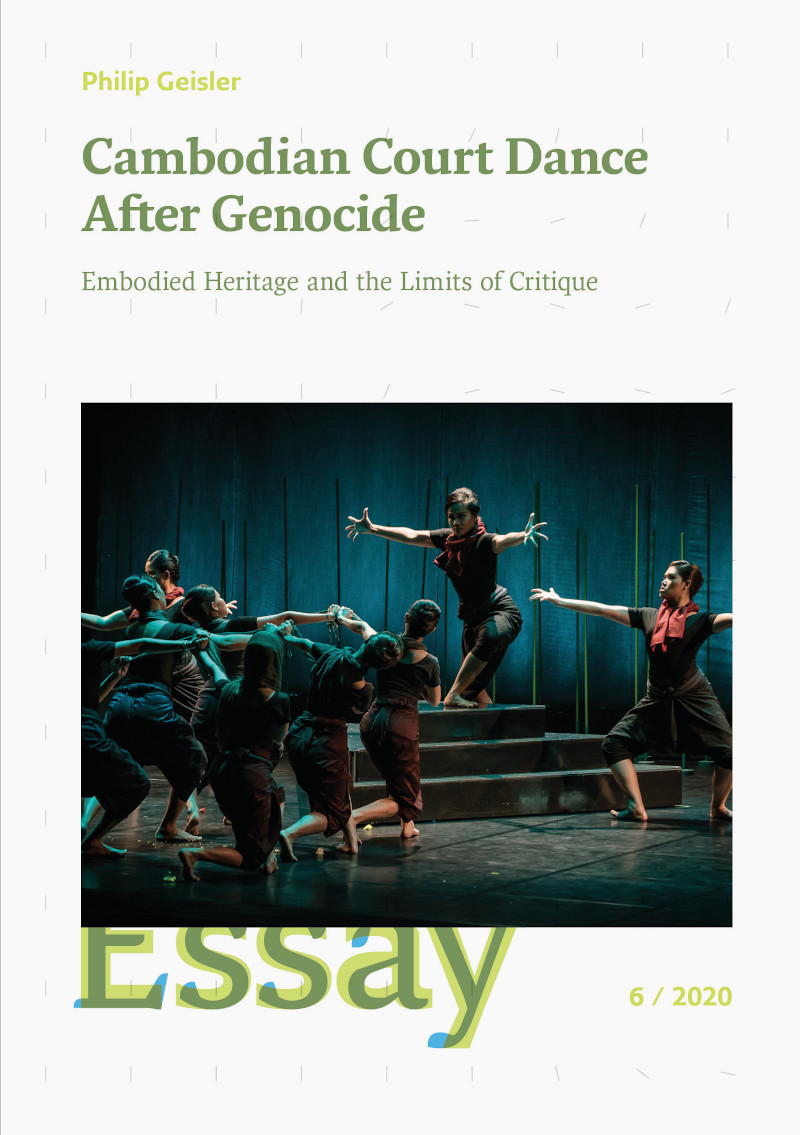Philip Geisler is a doctoral fellow at the Berlin Graduate School Muslim Cultures and Societies. In his dissertation, he assesses representationalism, performance, and contemporary configurations of nationalism through theorizing forms of heritage displayed through Islamic art museums. He obtained a degree in journalism and media economics at the Medienakademie Berlin before studying art history, Islamic studies, and political science at the Freie Universität Berlin and at Harvard University in Cambridge, MA. He is currently working on a publication on utopian aesthetics, architecture, and urban form in Dubai. From 2013 until 2019, he worked at the Forum Transregionale Studien for Art Histories and Aesthetic Practices, a collaborative research program of the Kunsthistorisches Institut in Florenz (Max-Planck-Institut) and the Forum. As a music dramaturg, he has served as advisor to the managing director of the Berlin Philharmonic Orchestra and manages ensembles in contemporary jazz and trans-traditional music.
Philip Geisler’s »Cambodian Court Dance After Genocide« is the sixth issue of our Essay series.
Philip Geisler »Cambodian Court Dance After Genocide« (Download PDF or read online)
Contemporary Cambodian royal court dance poses are often claimed to be part of an uninterrupted continuity of tradition proven by the 12th-century bas-reliefs of dancers at Angkor Wat. However, the types of dance performed in this period re-main unknown. This essay examines how French colonial politics utilized a wide range of representation to create an aesthetic that persuaded constituencies in Europe and Asia to find a cultural essence in the genre’s form. Assessing the interplay of cultural practices based in embodiment and the epistemological system of representationalism that fosters absence, the essay traces the process of authenticating dance as an intangible tradition in the modern era. Today, this creation has become a nationalized heritage backed by UNESCO. In Cambodia’s postgenocide society, though, the dance’s status as world heritage empowers activist contestations of its institutionally authorized forms that serve to heal trauma and socially emancipate marginalized groups. Such non-official incorporations function as embodied archives that call upon secular scholarship to reframe its methods through empathy.


